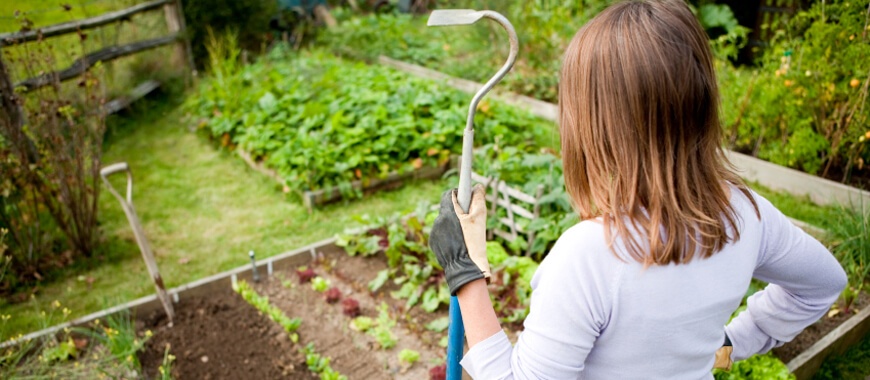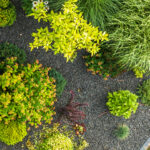It’s amazing how life has changed in just a few short weeks! While all of us are spending time with our families and practicing the important social distancing, it is extremely important to still spend outdoors to get some fresh air, exercise and some clarity of mind. Spending time in both your flower and vegetable gardens is a hobby that will benefit you and all the members of your family. Use this opportunity to dust off the old gardening gloves and grow your own fruit and vegetables for fresh eating and preserving to ensure that food is on your table when you want it.
Raising a garden for some is something they do every year; they harvest their produce and preserve it for the year. To them this is an annual event and they are excited for the process. For others raising a garden can be a little intimidating! We want the process of planning, planting and harvesting your garden to be an enjoyable and successful one.
You may be wondering where do I start when planting a garden? If you plan on tilling up a new garden area, select an area that will receive a minimum of 6-8 hours of sun and has access to water. The size of that garden will depend on how much you plan on growing and what crops you will be planting. If you have a family of 4 and plan on planting crops like, beans, peas, potatoes, tomatoes, peppers, squash, cabbage and other cole crops, we recommend about 500 square feet. It is best to plan the crops you would like to plant before tilling up your grass.
It is also important to plant your crops at the appropriate time. Of course, the timing always depends on temperatures, however, this year if the weather continues to trend in the warming trend we are in, this is the schedule we will be following in our gardens:
- Mid April: potatoes, onions, bare root asparagus
- Late April: radishes, carrots, bare root rhubarb, cole crops
- Early May: beans, peas, bareroot strawberries
- Mid May: squash, pumpkins, cucumber, tomatoes, peppers (if threat of frost has passed)
While this is just a limited number of vegetables that can be grown, we hope this schedule gives you a good estimate of when to plant your crops.
At the time of planting, you should remember to fertilize your plants with Espoma Garden Food or Tomato Maker Fertilizer to name a few (ask us for the best fertilizer for your plants). Watering throughout the growing season will be important. While the plants are young keep in mind that watering may have to be more frequent since the roots have not expanded. Do plan around recent rains and hot days!
We will keep you informed of the steps that you should be doing with your garden throughout the season. Watch our blog posts and gardening timeline for guidance, but also please do not hesitate to ask! We are here for you, and want you to succeed!



